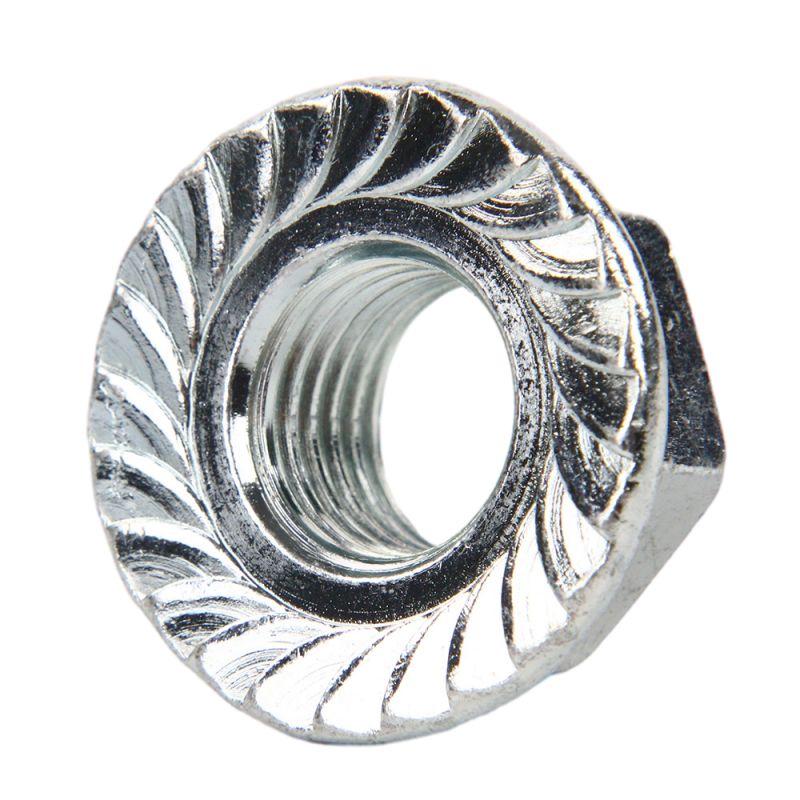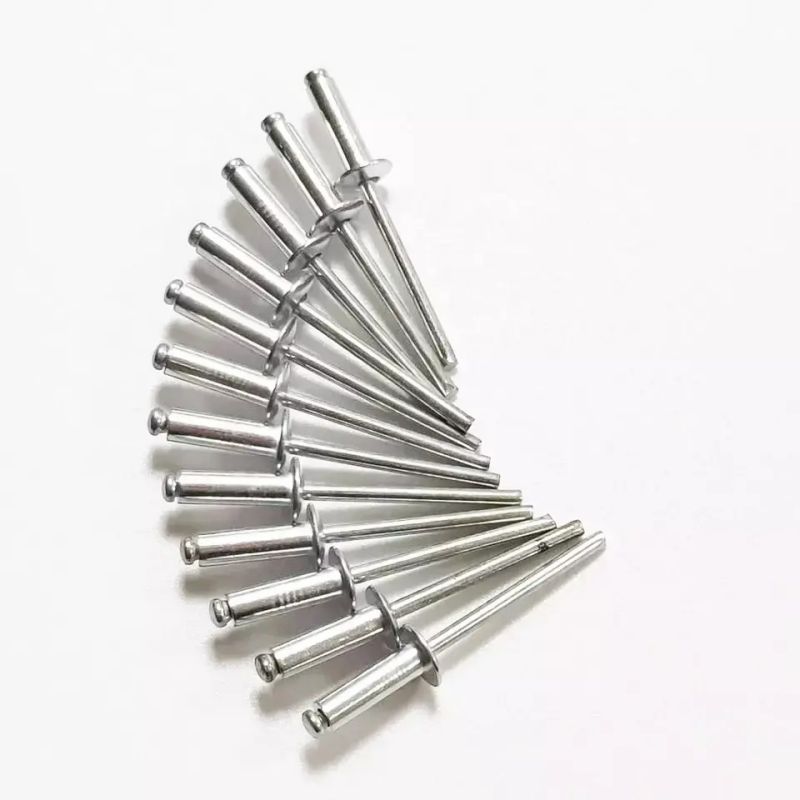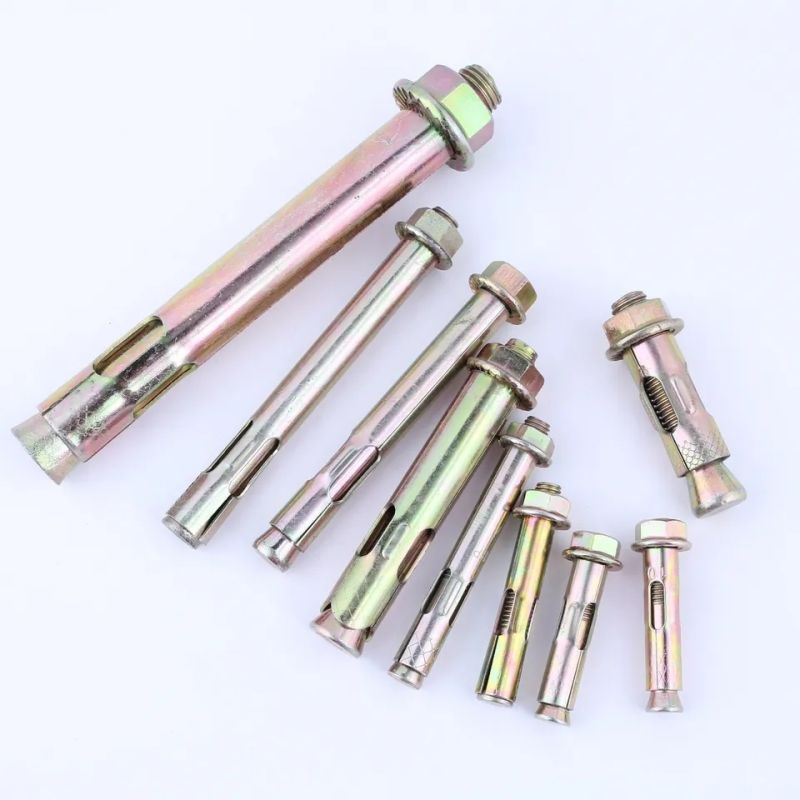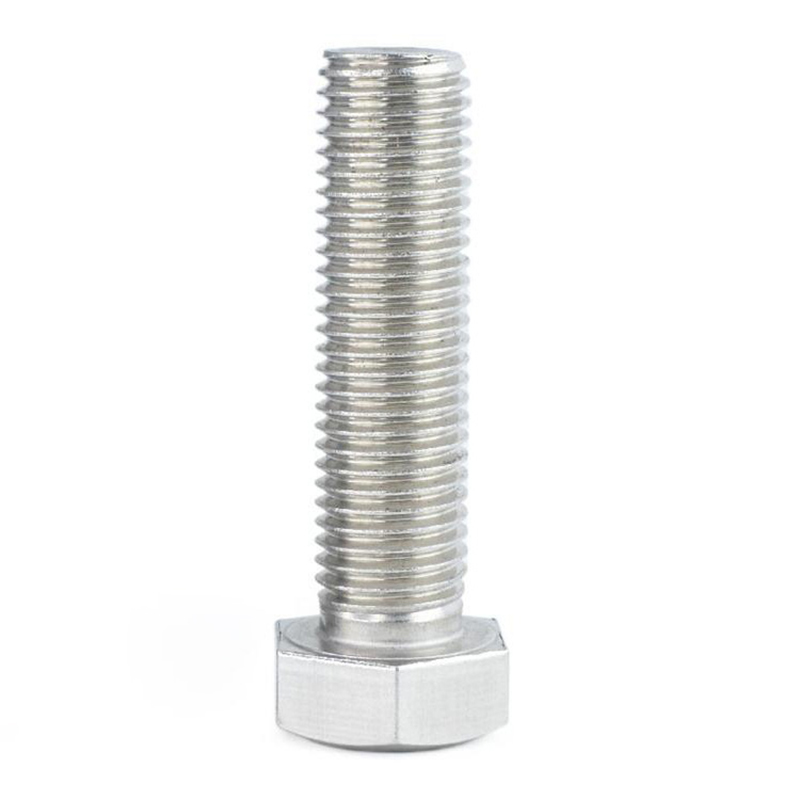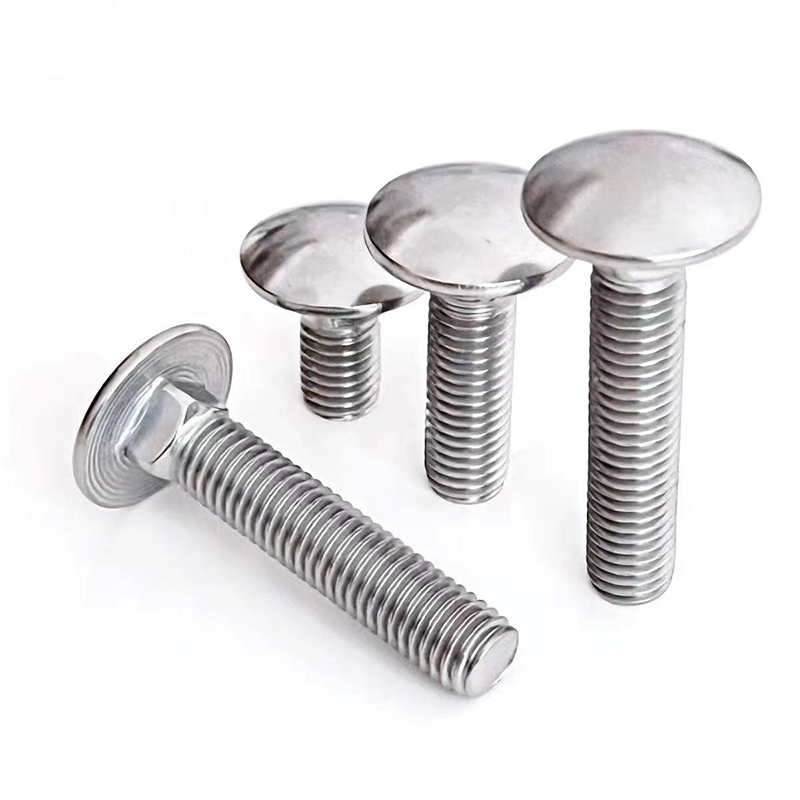Nut

Shape: A hexagonal or octagonal threaded part with a polygonal appearance.
Function: The main function is to fix bolts or screws to prevent them from loosening or falling off.
Materials: Usually made of carbon steel, stainless steel, brass and other materials, it has high strength and corrosion resistance.
Application scenarios: It is typically used in mechanical connections that require high strength and corrosion resistance, such as in automobiles and machinery equipment.
Nut Cap

Shape: A cylindrical threaded part, with a circular or hexagonal shape.
Function: The main function is to adjust the length of the threaded rod to ensure a tight connection with other parts.
Materials: Usually made of iron, copper, aluminum and other materials, it has good thermal conductivity and electrical conductivity.
Application scenarios: It is typically used in situations that require good thermal and electrical conductivity, such as electronic devices, buildings, Bridges, etc.
The basic structure and common types of nuts

Nuts are usually made of metals such as steel, stainless steel, copper, aluminum, etc. There are also nuts made of other materials such as nylon. There is a hole in the middle, which is used to place it on the threaded rod or in the threaded hole. The internal thread can be used in conjunction with the threaded rod or threaded hole. Its shape is mostly hexagonal, and this shape is convenient for tightening or loosening operations with a wrench or other tools. In addition, there are other shapes such as square and round!
1. Hexagon socket nut
It has a hexagonal shape and is mainly used in conjunction with bolts and screws to connect fasteners. Among them, Grade A and Grade B nuts are suitable for machines, equipment and structures with smaller surface roughness and higher precision requirements, while Grade C nuts are used for machines, equipment or structures with relatively rough surfaces and lower precision requirements. Type II hexagonal nuts are relatively thick and are often used in situations where assembly and disassembly are frequently required.

2. Square nut
The shape is square, also known as a square nut or square nut. It is a type of welded nut. After melting a certain metal at high temperature, it is welded between two products to play a fastening role. It almost covers the fastener requirements in all fields and is one of the common mechanical fasteners.

3. Flange nut
Also known as gasket nuts, flower tooth nuts, hexagonal flange face nuts, flange nuts, etc., their size specifications are the same as those of hexagonal nuts. The gasket and the nut are integrated, with anti-slip tooth patterns at the bottom, which increases the surface contact area between the nut and the workpiece. Compared with the combination of ordinary nuts and gaskets, they have stronger anti-loosening performance, can withstand high pressure and high temperature, and prevent leakage and loosening.

4. Nylon nut
Made of nylon, also known as plastic nuts, they have excellent insulation performance, are non-magnetic, heat-insulating, lightweight, heat-resistant, high-strength, and corrosion-resistant. Compared with ordinary metal nuts, it does not generate signal interference such as eddy currents and is suitable for use in industries like communication. It has good acid and alkali resistance and can be used in strong acid and alkali environments in the electroplating industry.

Common types Material selection
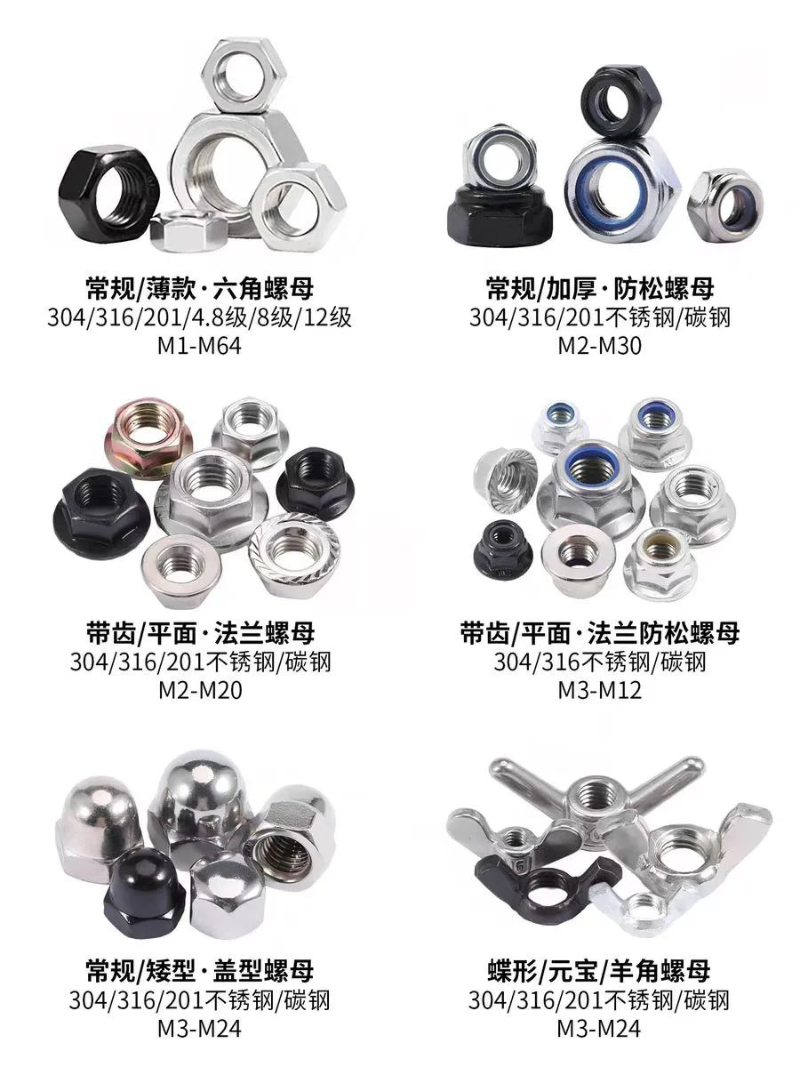
1. Raw material selection
Carbon steel (low carbon steel, medium carbon steel, high carbon steel, alloy steel) - Carbon steel screws are the most common type of screw material, featuring the ability to bear heavy loads and strong wear resistance. However, they are prone to rust in damp and acidic or alkaline environments.
Stainless steel (304/316) - suitable for anti-corrosion environments, such as outdoors, chemical equipment, etc.
Aluminum alloy - can be used to reduce weight and has good corrosion resistance.
Copper - it has the characteristics of being beautiful, easy to process and anti-corrosive, but it is relatively soft and prone to being crushed or twisted.
Industry standards for nuts
GB/T 6170-2015 "Type 1 Hexagon Nuts" - It stipulates the dimensions, tolerances and performance requirements of Type 1 hexagon nuts and is one of the commonly used nut standards.
GB/T 6172.1-2016 "Hexagon Thin nut" -- suitable for the production and detection of hexagon thin nut, which specifies its size and performance requirements.
GB/T 6177.1-2016 "Type 2 Hexagon flange Nut" -- specifies the size and performance requirements of hexagon flange nut.
How to choose the right nut?
1. Types of nuts
Hexagonal nuts: The most common type, they are widely used due to their ease of operation and strong fastening force.
Round nuts: They are mostly used in situations where anti-loosening is required, such as rotating parts in mechanical equipment.
Square nut: In certain specific situations, it has better stability and is less likely to loosen.
2. Material of the nut
Carbon steel nuts: They have a relatively low cost and are suitable for general application scenarios, but they have poor corrosion resistance.
Stainless steel nuts: Strong corrosion resistance, suitable for damp or corrosive environments.
Copper alloy nuts: Renowned for their excellent electrical conductivity and corrosion resistance, they are suitable for special applications such as electrical connections.
3. Specifications of the nut
The specifications of nuts mainly include diameter, pitch and other dimensional parameters. When making a selection, it is necessary to ensure that the specifications of the nut and the bolt match, so as to guarantee the fastening effect. For instance, if you are using M6 bolts, then you need to choose nuts of the same specification.
4. Surface treatment
The surface treatment of nuts can also affect their corrosion resistance and appearance. For instance, treatments such as galvanizing and nickel plating can enhance the corrosion resistance of nuts.
When choosing nuts, factors such as material, strength, usage environment and fastening requirements need to be taken into consideration. For instance, stainless steel nuts are corrosion-resistant and suitable for outdoor use. Copper nuts have good electrical conductivity and are often used in electrical equipment. Zinc alloy nuts are lightweight, durable and offer high cost performance. High-strength nuts are suitable for heavy machinery and precision instruments, while ordinary nuts can meet daily usage requirements.


